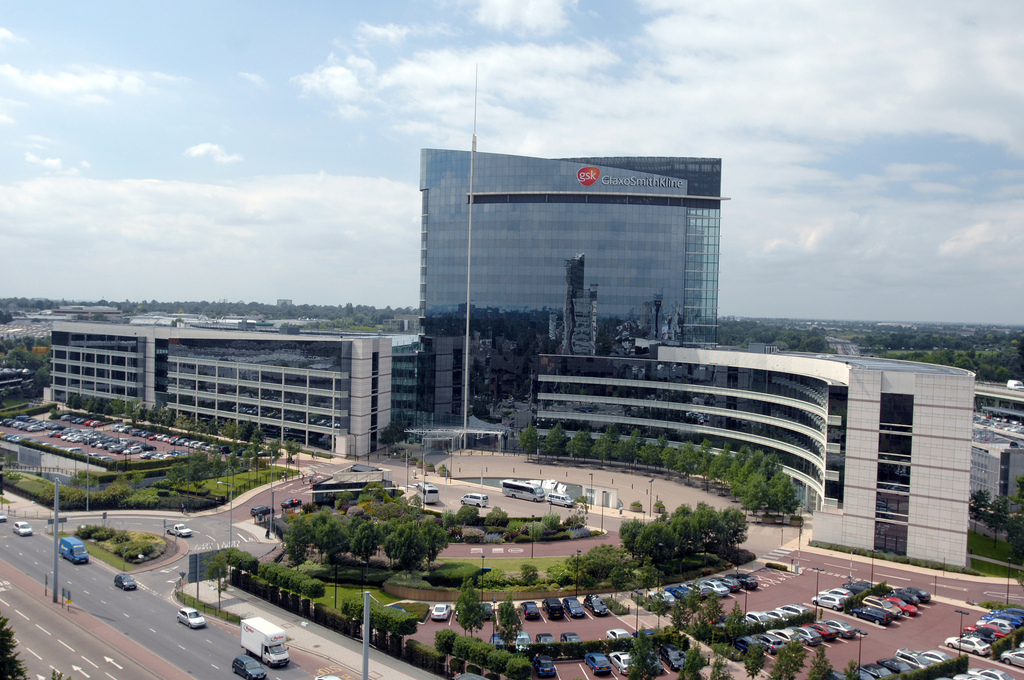NICE clears use of GSK's Jemperli in endometrial cancer

Women in England with a specific type of endometrial cancer will be able to access an immunotherapy for the first time, after NICE backed use of GlaxoSmithKline's PD-1 inhibitor Jemperli via the Cancer Drugs Fund (CDF).
The health technology assessment (HTA) agency has given a temporary okay to the use of Jemperli (dostarlimab) for endometrial cancer patients with mismatch repair deficient (dMMR) or microsatellite instability-high (MSI-H) mutations, while additional evidence for the drug's efficacy is collected.
The drug was approved by the UK Medicines and Healthcare products Regulatory Agency (MHRA) for this type of cancer in June 2021 based on results from the GARNET trial, which included women who progressed on or after platinum-based chemotherapy.
In the study, treatment with Jemperli resulted in a disease control rate – either complete response, partial response or stabilised disease - of 57% with more than 90% of recipients still responding at 12 months.
There are roughly 7,700 new cases of endometrial cancer each year in the UK, of these around 170 women could be eligible for treatment with GSK's antibody, which has also been approved in the US and EU.
"To date, beyond chemotherapy, there have been limited treatment options for women with advanced, recurrent endometrial cancer in England," said Dr Susana Banerjee, consultant medical oncologist at The Royal Marsden NHS Foundation Trust.
"The NICE decision is a step forward in improving outcomes for women with endometrial cancer by delivering tailored treatment," she added.
Jemperli – the seventh approved drug in the PD-1/PD-L1 inhibitor class – was acquired by GSK as part of its $5.1 billion takeover of Tesaro along with PARP inhibitor Zejula (niraparib), another drug facing tough competition in the market.
It has yet to make much headway commercially however, bringing in just £3 million ($4 million) in the first nine months of 2021, although its label was extended by the FDA to include second-line treatment of all dMMR and MSI-H solid tumours last August.
The deal with Tesaro was made under GSK's former R&D chief Hal Barron, who left the company last month to take the top job at well-funded US biotech startup Altos.
GSK is also running phase 3 trials of Jemperli as a first-line therapy for endometrial cancer – including one as a monotherapy and a second in combination with Zejula – as well as a phase 2 trial in non-small cell lung cancer (NSCLC).
The company has predicted that Jemperli will eventually make blockbuster sales – it has a peak sales forecast of £1 to £2 billion for the drug that some analysts view as optimistic.











